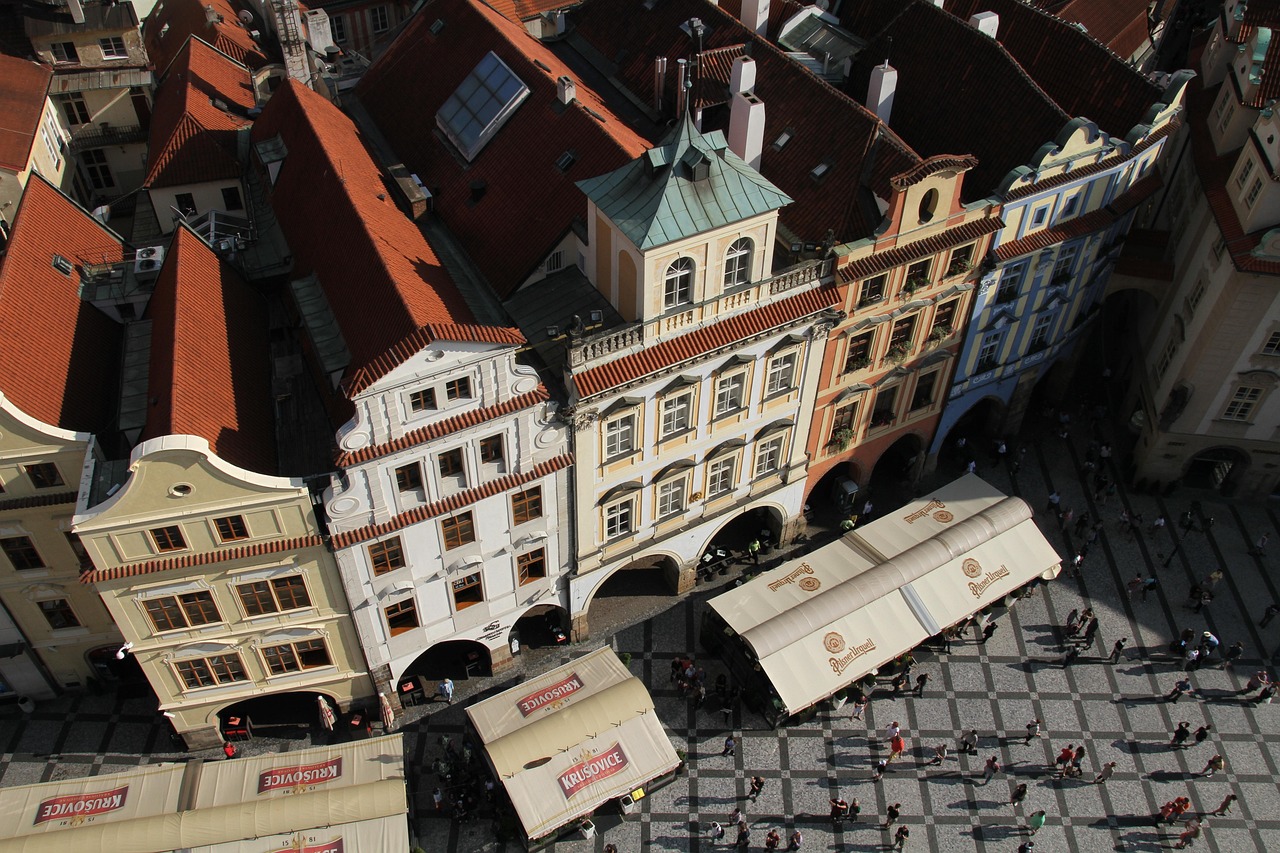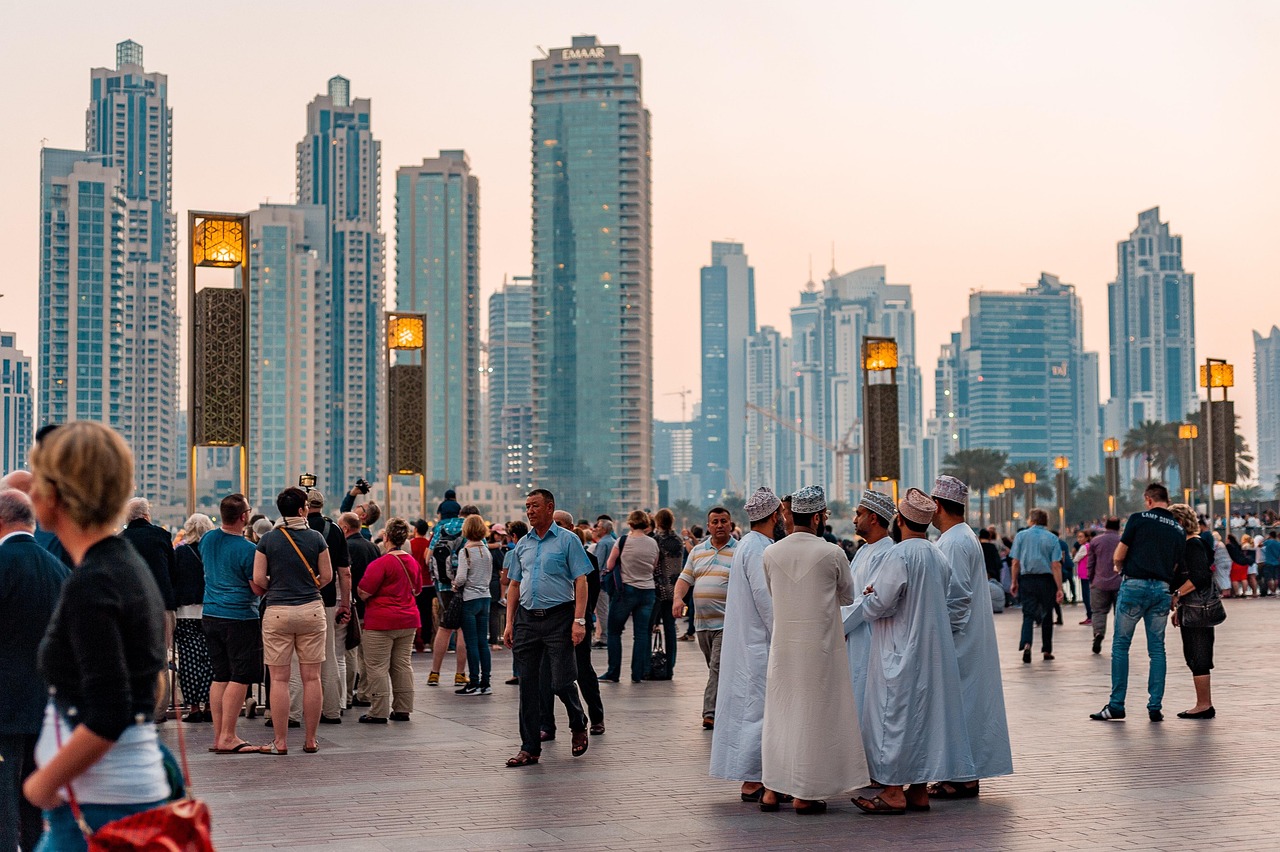
Slovenia men’s volleyball championship rise
Slovenia is positioned to solidify its status as a rising volleyball power at the 2025 FIVB Men’s World Championship in the Philippines. This will mark their third appearance in the tournament, and the team’s ambitions have never been higher.
After debuting with a 12th-place finish in 2018, Slovenia made a significant leap in 2022 by reaching the semifinals, where they narrowly lost to Italy before dropping the bronze medal match to Brazil. These achievements reflect sustained growth supported by a targeted development framework known as the FIVB Volleyball Empowerment programme. Since joining the programme in 2019, Slovenia has received over CHF 1.2 million in funding directed towards coaching development, athlete training, and performance infrastructure enhancements.
The fruits of this long-term investment are evident: Slovenia qualified for their first Olympic Games in Paris 2024, finishing fifth, and they have become a consistent contender in the Volleyball Nations League (VNL) with multiple semifinal appearances (FIVB, 2025). The Slovenian team’s upward trajectory is further bolstered by strategic leadership changes, with Italian coach Fabio Soli taking the helm in 2025.
Soli brings a wealth of international experience, including a CEV Champions League title and an Italian Serie A1 championship from his time with Itas Trentino. His arrival follows the foundational work laid by Gheorghe Crețu, under whose guidance Slovenia established a competitive baseline. Soli’s tactical acumen and club-level success are expected to translate into podium finishes for Slovenia at major events.
The team’s core includes seasoned veterans like captain Tine Urnaut and Gregor Ropret, alongside emerging talents such as Jan Kozamernik, who earned a spot on the VNL 2025 Dream Team. With a balanced roster featuring strong offensive and defensive units, Slovenia is poised to convert their consistent semifinal appearances into medals on the global stage.
Slovenia volleyball team experience
Experience will be a critical factor for Slovenia in the Philippines, where they face a challenging Pool E lineup including Germany, Bulgaria, and Chile. Slovenia enters the group as favorites, ranked seventh in the FIVB World Rankings and having secured bronze at the 2023 CEV European Championship.
However, the presence of Bulgaria, who defeated Slovenia 3-1 in a recent VNL encounter, and the closely ranked Germany, poses significant challenges. Coach Soli’s decision to recall veteran outside hitters Tine Urnaut and Klemen Cebulj after leaving them out of the VNL squad underscores the need for seasoned leadership in pressure situations. The mix of returning veterans and rising stars like opposite Tonecek Stern and libero Jani Kovacic creates a team dynamic that balances stability with innovation.
This composition is essential for navigating the high stakes of World Championship play and advancing beyond the group stage. Slovenia’s tactical approach emphasizes solid reception and defense, anchored by Ziga Stern and Kovacic, while offensive firepower is distributed among Stern, Kozamernik, and Mujanovic.
The integration of multiple setters, including the 36-year-old Ropret alongside Uros Planinsic, allows flexible playmaking options. This depth in key positions provides resilience against tactical shifts from opponents and maintains Slovenia’s competitive edge. The team’s preparation reflects a broader understanding that success at this level requires more than talent; it demands cohesion, adaptability, and mental toughness cultivated through international experience and sustained developmental support (FIVB, 2025).

Volleyball Empowerment Slovenia Program
Slovenia’s rise is emblematic of the impact of the FIVB Volleyball Empowerment programme, a strategic initiative aimed at fostering long-term growth for emerging volleyball nations. Since its inception, the programme has provided financial resources and expertise to enhance national team capabilities through coaching education, athlete development pathways, and improved training facilities.
Slovenia’s CHF 1.278 million allocation has been channelled effectively, underpinning their breakthroughs on the world stage. Beyond Slovenia, the programme reflects a global commitment to leveling the playing field and expanding volleyball’s competitive landscape. This initiative aligns with the FIVB’s broader Strategic Vision 2032, which seeks to increase the sport’s global reach and quality through targeted investments and partnerships (FIVB, 2025).
The programme’s success with Slovenia demonstrates how sustained investment and professional management can accelerate a country’s competitiveness. Slovenia’s progression from debutants to Olympic qualifiers and consistent VNL semifinalists within a few years showcases a model for other emerging volleyball nations.
The structured approach to growth includes not only funding but also strategic mentorship and knowledge exchange, which are critical in cultivating high-performance environments. This framework ensures that talent development is systematic and that improvements are embedded at every level of the sport’s ecosystem, from grassroots to elite competition.

Global Volleyball Growth Impact
Slovenia’s advancements occur within the context of a rapidly evolving global volleyball landscape. Under FIVB President Fabio Azevedo’s leadership, the sport is experiencing record growth and innovation, with expanding events like the Volleyball Nations League and Beach Pro Tour generating increased fan engagement worldwide.
Key strategic appointments, including executives Michael Payne and Ugo Valensi, have strengthened the sport’s commercial and organizational infrastructure, enabling more robust support for national programs. The launch of World Volleyball Day in 2025, celebrated by millions globally, exemplifies volleyball’s growing cultural impact and community reach (FIVB, 2025). This expansion benefits teams like Slovenia by elevating competition levels and providing more frequent high-caliber match experience.
The increased visibility fosters sponsorship and funding opportunities, which in turn feed back into developmental programmes such as Volleyball Empowerment. Moreover, the FIVB’s commitment to sustainability and social responsibility, including signing the Sports for Nature Framework, positions volleyball as a progressive sport contributing to global causes.
National teams thus operate not only within competitive frameworks but also as ambassadors of a sport aligned with contemporary values, enhancing appeal and support at home and abroad.
Slovenia volleyball future trends
Looking ahead, Slovenia’s ambitions at the 2025 World Championship reflect a broader trend of emerging powers challenging traditional volleyball hierarchies. With a solid foundation built on empowerment funding, elite coaching, and player development, Slovenia is well positioned to claim its first major international medal.
Their pool stage opponents present a test of adaptability and experience, but the team’s balanced roster and strategic leadership inspire confidence. Success here could catalyze further investment and interest in volleyball domestically, reinforcing the growth cycle initiated by the FIVB’s programmes. Simultaneously, the Global Volleyball Movement continues to push the sport’s boundaries through innovative competitions and strategic partnerships.
This growth promises to raise standards and deepen the talent pool across continents. For stakeholders, the challenge lies in maintaining sustainable development while maximizing competitive opportunities.
Slovenia’s story offers valuable lessons in how targeted resources, visionary leadership, and international exposure can elevate a nation’s volleyball profile. As the sport progresses toward 2032 and beyond, such models will be essential in ensuring volleyball remains a dynamic, inclusive, and globally competitive sport (FIVB, 2025).
What factors most influence a national team’s transition from contender to consistent medalist?
How can emerging programs balance investment in experience with nurturing young talent?
① Sustained funding for coaching and facilities
② Strategic recruitment of experienced players
③ Integration of youth development with elite competition exposure










50ikrv